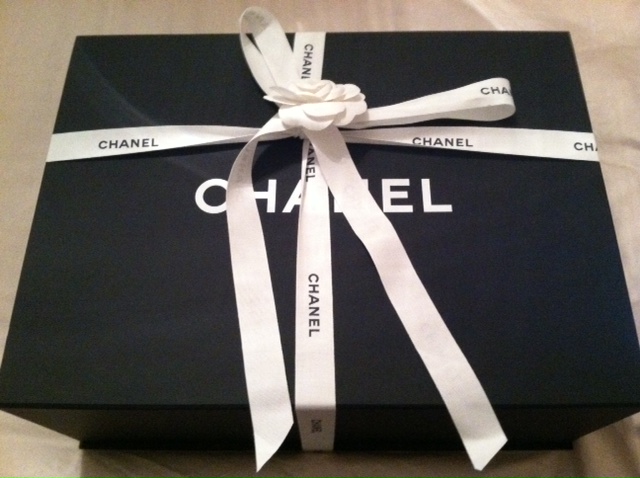
I thought I’d pop in and sharing a quick find: the Everlane pop-up store on Lafayette Street. Everlane has distinguished itself from other retailers by diligently researching its factories and revealing its the true costs of manufacturing. Don’t worry for Everlane; the company is still making a profit, but their transparency puts into perspective the outrageous markups common in the clothing industry.
Another note I’d like to make about Everlane is that while I appreciate the clean aesthetic, I’m not impressed with the fit of most of the clothing or the overall pricing. The pricing certainly isn’t offensive, but shop the sales at J.Crew, Nordstrom, Club Monaco, etc. and you’ll find similar items in the same price range. I found the cuts on the sleeveless button down shirts too boxy and the cut of the silk tank too long. The sought-after Petra market tote that some claim is the new “It” bag didn’t impress me with its pebbled leather and unremarkable finishes. I left the pop-up with only a simple tee in hand. In the fall, maybe I’ll try a cashmere sweater on for size.
If you’re interested in trying out Everlane now, hurry there. The pop up disappears after today.
While the pop-up is going away, the website and look are going nowhere. We may pin and post on some glamorous things, but in my daily life and in the lives of others I observe in person and on the Internet, fashion is skewing towards simplicity. Clean lines. Normcore, if you will, a fashion insider term that I dislike not least of all for the way it sounds. I’m still trying to understand what Normcore is, but my understanding is that it’s nondescript dressing. Think more basic than classic. Some have even debated whether Normcore is actually a fashion trend or a joke. Perhaps what we are seeing here is just the influence of Normcore on the high fashion world. My perception of Normcore is that to the fashion set, it’s the high-low combo with a bigger dose of basics. This Vogue article confirms the accuracy of my perception.
For me, the renewed interest in basics is more about how I feel in my clothes. As I’ve posted before, I feel more like myself when I’m in streamlined black. Certainly, part of this is a function of living in New York, but much of it is just the style that I started developing in high school when I introduced black into my wardrobe.
In the midst of writing this blog post, I found a definition of Normcore as it was originally intended. K-Hole, a NY trend agency that coined the term Normcare states, “Normcore doesn’t want the freedom to become someone. Normcore moves away from a coolness that relies on difference to a post-authenticity that opt into sameness.”
Being interested in they psychology of fashion, this definition both fascinates and repulses me, as do the words of Normcore proponent Jeremy Lewis, the founder/editor of Garmento and a freelance stylist and fashion writer, who says his ‘look of nothing’ is about absolving oneself from fashion, ‘lest it mark you as a mindless sheep.’ I find the whole concept of Normcore contradictory. Normcore eschews freedom but still “opts” into sameness. Whether we “absolve” ourselves from fashion or follow the fashion industry, we still make fashion choices. The choice to consciously become part of a movement is the biggest indicator of trying to fit in that I’ve heard.
Basically, Normcore reappropriates plain and even dowdy clothing. What I like about this is the idea of reappropriation, a concept that intrigues me in general. What I don’t like is the presentation or the superior attitudes that accompany the most outspoken supporters of Normcore. Even as someone who sees the intellectual side of fashion, I think that its supporters over-intellectualize it.
I also disagree with Jeremy Lewis’s statement, “I like the idea that one doesn’t need their clothes to make a statement.” True, no one needs clothing to make a statement; however, no matter what you wear, your clothing will always make a statement about you. How much you need your clothing to make a statement about you depends on who you are. Unless we’re the president or a tech magnate, research shows that we may need clothing to make a statement about us.
At any rate, I chalk up the glamorization of Normcore to the ebbs and flows of fashion; we max out on maximalism and then we crave minimalism. It’s a cycle that continually repeats itself and is driven by the fashion industry and its publishing industry arm.
